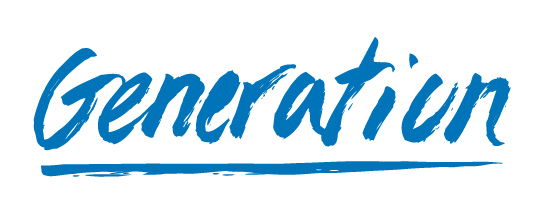Generation UK’s mission is to transform education to employment systems to prepare, place, and support people into life-changing careers that would otherwise be inaccessible. They believe a meaningful career and sustained well-being is possible for every person, anywhere in the world.
As the supreme decision-making body of Generation UK (The Charity) the Chair and Trustees have specific responsibilities. The Board of Trustees must accept responsibility for directing the affairs of the Charity, ensuring it is solvent and well-run, and that it acts within its objectives. Trustees are accountable for their decisions and actions to The Charity’s governance structures, the public, courts, funders and service users. Trustees should focus on the strategic direction of Generation UK and avoid becoming involved in day to day operational deliberations.
Remuneration: Whilst the Trustee and Chair roles are unpaid, reasonable expenses, such as those incurred in travelling to meetings, are payable in line with Generation UK’s standard expenses policy.
Duties of Trustees
Trustees have, and must accept, ultimate responsibility for directing the affairs of their charity, ensuring that it is solvent and well-run, and delivering the charitable outcomes for the benefit of the public for which it was set up.
Role Responsibilities – Treasurer
Ensuring Compliance
- Charity law, and the requirements of the Charity Commission as regulator; in particular you must ensure that the charity prepares reports on its work and submits annual returns and accounts as required by law.
- The requirements or rules, and the charitable purpose and objects, set out in the charity’s own governing document. All trustees will be provided with a copy of this document and be familiar with it.
- The requirements of other legislation and other regulators (if any) which govern the activities of the charity; these will vary according to the type of work the charity carries out, and whether it employs staff or volunteers, for example Employment law.
- The requirement for Trustees to act with integrity and avoid any personal conflicts of interest or misuse of charity funds or assets.
Duty of Prudence
- Ensure that the charity is and will remain solvent; this means that you need to keep yourself informed of the charity’s activities and financial position.
- Use charitable funds and assets wisely, and only to further the purposes and interests of the charity.
- Avoid undertaking activities that might place the charity’s property, funds, assets or reputation at undue risk.
- Take special care when investing the funds of the charity or borrowing funds for the charity to use.
Duty of Care
- Exercise reasonable care and skill as trustees, using personal knowledge and experience to ensure that the charity is well-run and efficient.
- Consider getting external professional advice on all matters where there may be material risk to the charity, or where the trustees may be in breach of their duties.


